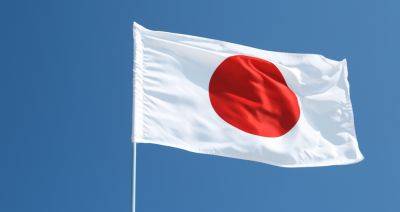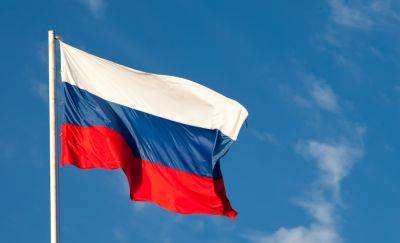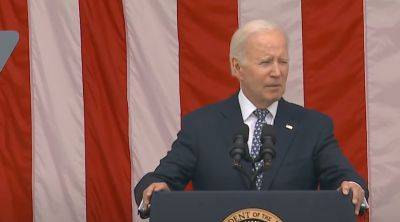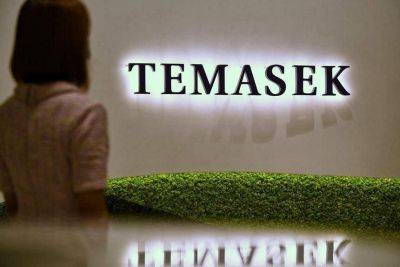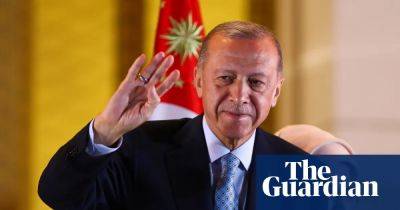John Pettigrew: National Grid chief on why the public must not block the charge to net zero
A s a child growing up in a village at the edge of the Welsh valleys outside Cardiff, John Pettigrew was nagged by his parents to switch the lights off whenever he left a room. Now, he’s part of a national effort to slash Britain’s energy use in the face of bills sent soaring by Russia’s invasion of Ukraine and resulting concerns about gas and electricity supplies.
Despite having collected a total of more than £30m in cumulative pay and benefits in his time as chief executive of National Grid, Pettigrew has not forgotten his parents’ advice. “I’m the same with my family now – making sure the thermostat is turned down a few degrees, doing the sensible things,” he says. “It is the right thing to do from an environmental [and] an affordability perspective. We were very supportive of the government and other bodies advocating for people to do that.”
Pettigrew has just ridden out a tense winter, marked by people having to choose between heating and eating and talk of power cuts. Last autumn, National Grid voiced concerns that Britons could experience blackouts as well as wallet-busting bills during the coldest months.
As it turned out, worries that Vladimir Putin would halt Russian gas supplies into Europe did not materialise and cold snaps were not prolonged, so the continent’s gas storage caverns could remain well stocked. “We came through the winter remarkably well,” Pettigrew says, in deep Welsh tones. “The weather was relatively mild and when we did see cold periods, the products that we developed were very useful.”
Those “products” were new technical tweaks that National Grid added to the formerly monolithic power system: a demand flexibility service, which paid consumers to shift their energy use away from periods of high
Read more on theguardian.com


